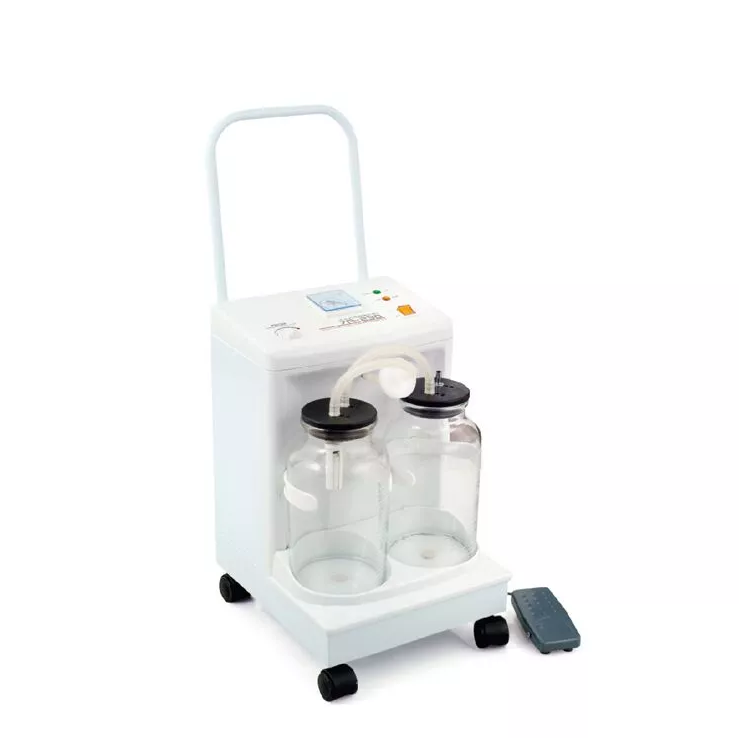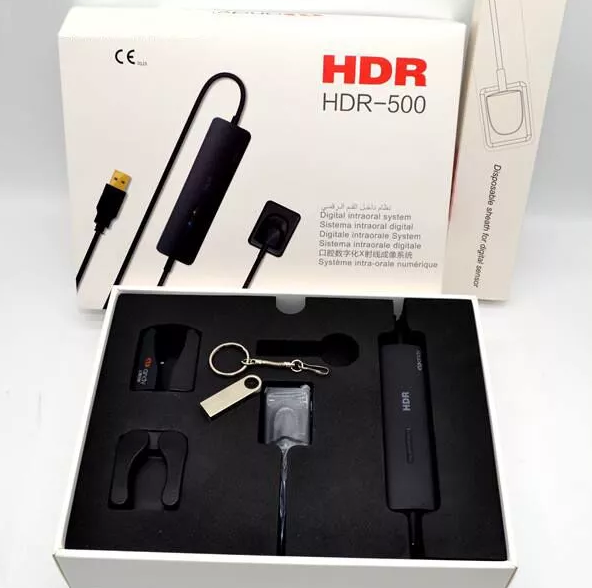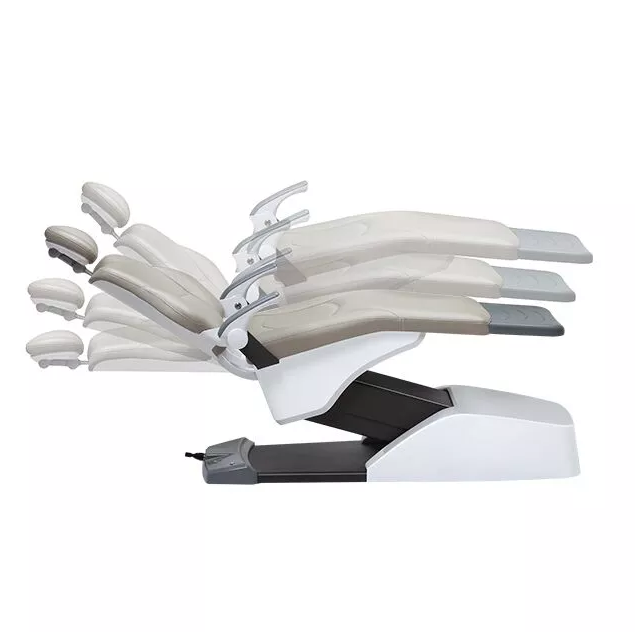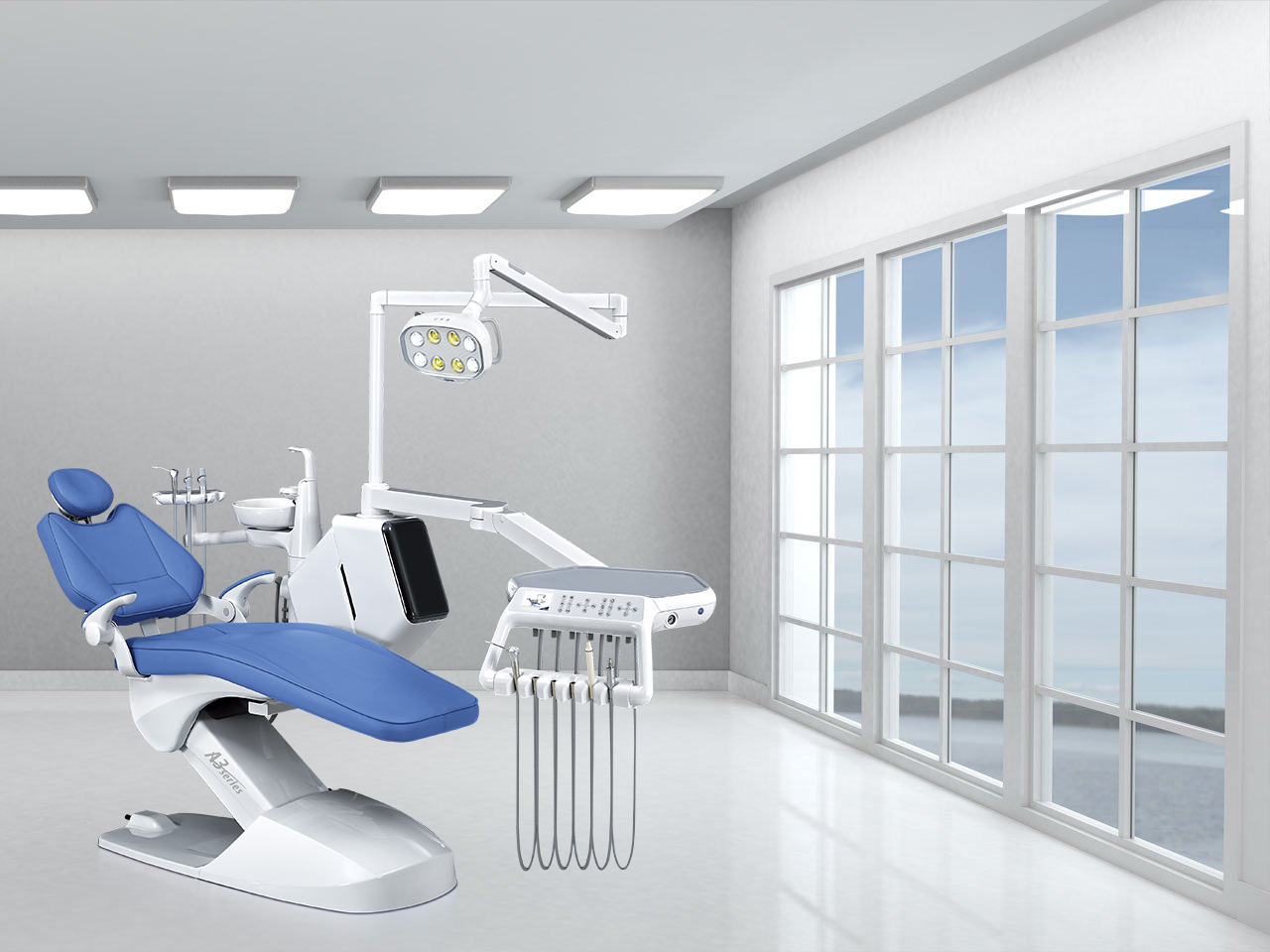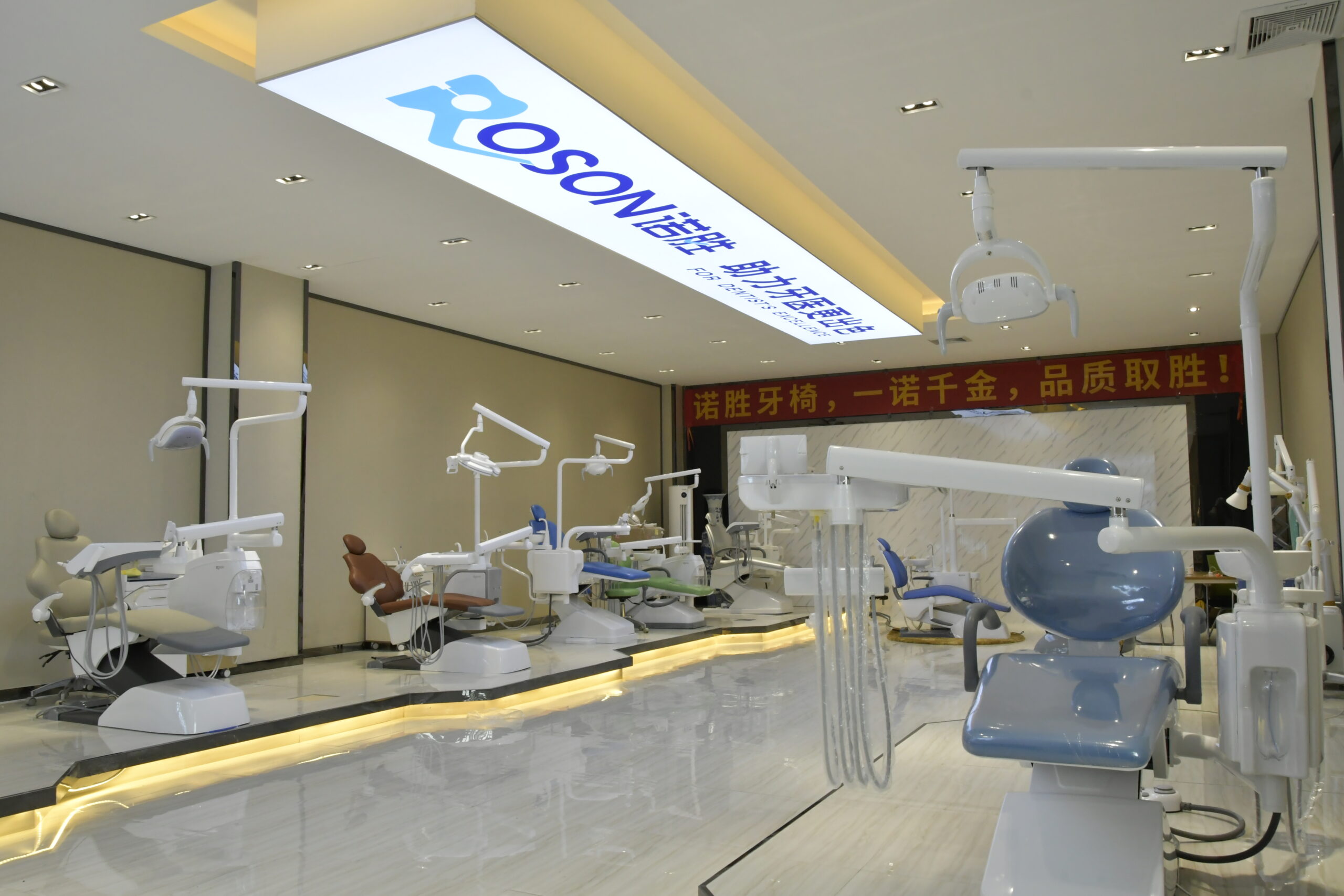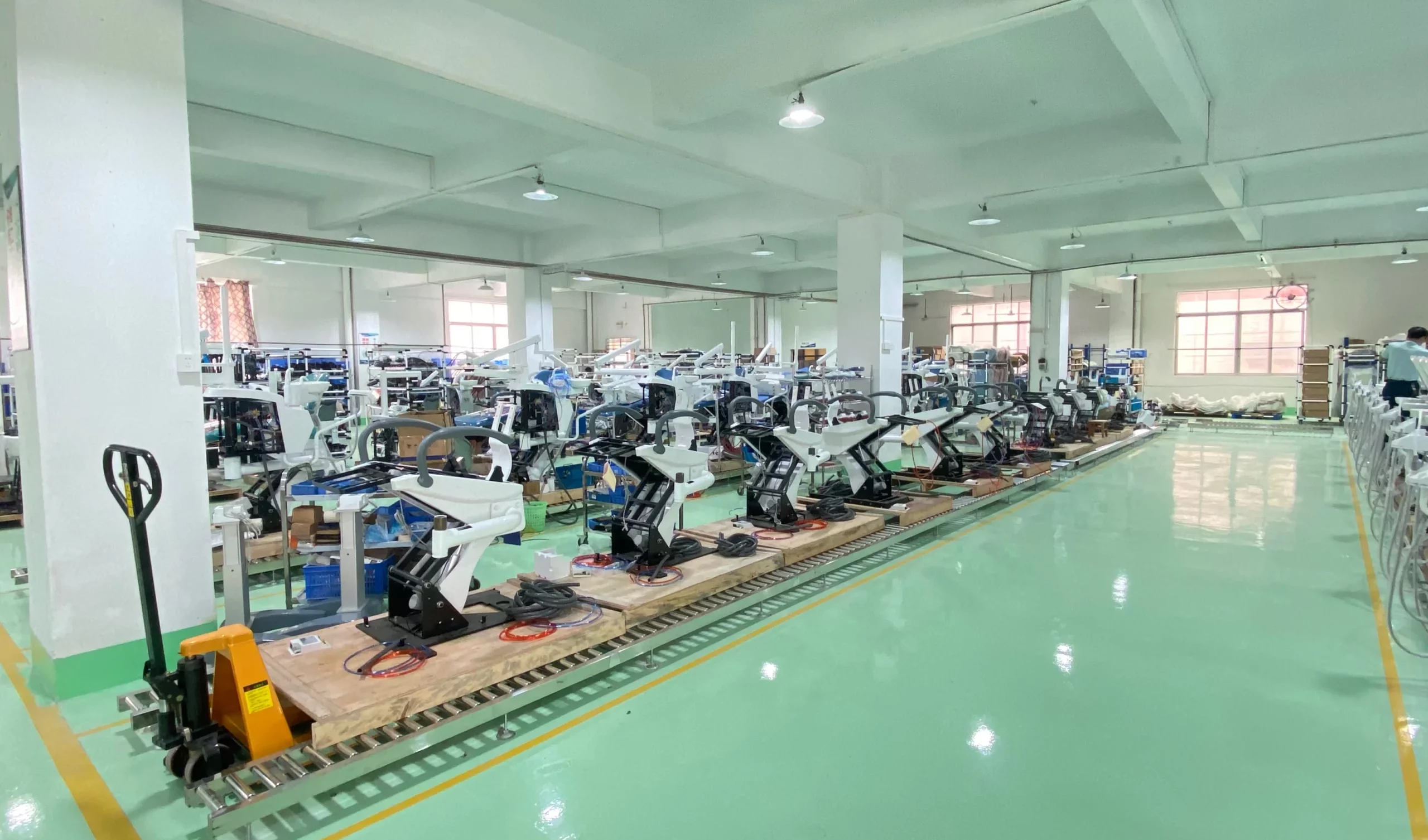What is the Air Compressor? What is it used for?
A dental air compressor is a machine that can be used to deliver high-pressure air to your dentistry practice. The high-pressure air can be used to power many different devices such as drills, handpieces, and other devices. The dental air compressor can be used in many different ways such as drilling, polishing, or scaling. Having a dental air compressor in your dental office will allow you to save time and energy by using the same tool for multiple procedures.
An air compressor is a device that uses an engine or electric motor to compress air at high pressures. This compressed air can then be stored in tanks and released at a lower pressure when needed by using valves on the tank or piping connected to the tank. To use an air compressor, you must have some type of control valve attached to the tank so that you can control how much pressure gets released into the system at once.
What can the Dental Air Compressor do for you?
The dental air compressor can be used for many different tasks in dentistry. One of the most common uses of an air compressor is for drilling, which is used often when working on cavities or fillings. The dentist will use a drill bit that attaches to the end of the handpiece which delivers high-pressure air from the compressor into the cavity being drilled into. The dentist then drills into the patient’s tooth using this method until they reach their desired depth of the tooth.
Another common use for a dental compressor is polishing teeth after they have been cleaned during your checkup. After the cleaning process has been completed by your hygienist or periodontist, he will then polish your teeth with an electric-powered polisher that uses compressed air as its power source. This will help remove any remaining tartar and plaque from your teeth so that your next visit isn’t filled with stains and discoloration caused by bacteria.
The Types Of The Air Compressors:
There are many types of air compressors available on the market today. The common ones are oil-free air compressors and oil-lubricated air compressors. Each of these types has its benefits and drawbacks so it is up to you to decide which one suits your needs best.
Oil-free air dental compressors: longer life expectancy and reliable

Oil-free air dental compressors are available from many companies, such as Roson. An oil-free compressor does not use any oil to lubricate the moving parts of the compressor. This type of compressor is more expensive than an oil-lubricated compressor but it has fewer problems with maintenance and operation as well as a longer life expectancy.
They also produce less noise than an oil-lubricated compressor, are easier to maintain, and have fewer parts that may need replacing over time. This type of compressor is recommended for dental applications because it provides clean compressed air output which will not contaminate any fluids or materials being used in the dental office.
Oil-lubricated air compressors: louder but may run longer
This type of compressor has a complex system that uses oil to lubricate the moving parts, which means that this type of compressor requires more maintenance than the other types. This type also tends to be noisier and less efficient than its counterpart.
However, it does have some advantages over the other types such as being able to run longer without cooling down and having a higher working pressure range which means that it can produce more power per stroke than any other type of dental compressor out there.
The Air Compressor From Roson Is Powerful Which Will Surprise You:
Roson‘s Air Dental Compressor is oil-free and more powerful than many similar products on the market. Because it is quieter and provides cleaner air.
Support 8 dental chairs to work at once:
If you have 8 dental chairs in your office, this machine can meet your demand. The design of this product is compact and easy to install, so it can be placed in any place you want.
Quieter, stronger dehumidifying ability:
The noise level of this product has been greatly reduced compared with traditional models, which makes it suitable for use in hospitals or other public places where quietness is required. It also has a stronger dehumidification ability than traditional models. Its permanent drying system helps remove 98% of the moisture!
Provides cleaner air:
Its anti-rust tank coating prevents rust on the inner walls of the instrument. This provides clean air to the instrument. In addition, it has an automatic drainage system and an air-cooled dryer to provide dry and clean air for your clinic and work efficiently.
What Will You Get If You Choose Roson‘s Air Compressor?
1. Save Time and Energy
One of the main benefits of a dental air compressor is that it allows you to save time and energy by using the same tool for multiple procedures. This can help you save time and energy and help with your overall workflow.
2. Reduce Costs
The dental air compressor is an expensive piece of equipment, but it will save you money in the long run by reducing how often you need to purchase new tools for your practice. The amount of money saved depends on how often you work with these tools, but most people see savings within the first year or so of having their compressor installed.
3. Increase Efficiency
Having an air compressor in your practice can increase efficiency. Because it allows you to use one tool for multiple procedures instead of having multiple tools for each procedure you perform. This means fewer tools are needed overall which results in less space being used up in your office.
Meanwhile, the maintenance costs will be as well as lower overall. Since there will be fewer parts to break down or replace regularly when compared to traditional dental practices that do not use these types of compressors at all.


